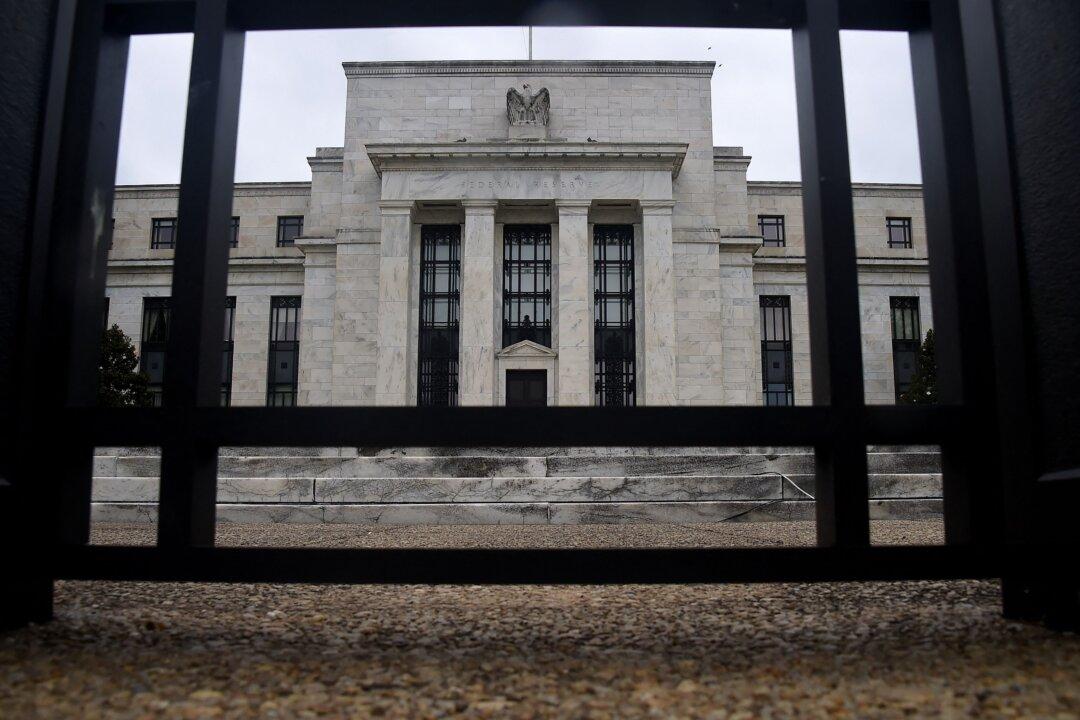Commentary
This week, Sen. Rand Paul is pushing an amendment to a major spending bill that would finally do what should have been done decades ago. It should have been an annual undertaking for the past 100 years. He wants a thorough and external audit of the Fed, using prevailing accounting standards to figure out where the billions and trillions are coming from and where they’re going.





